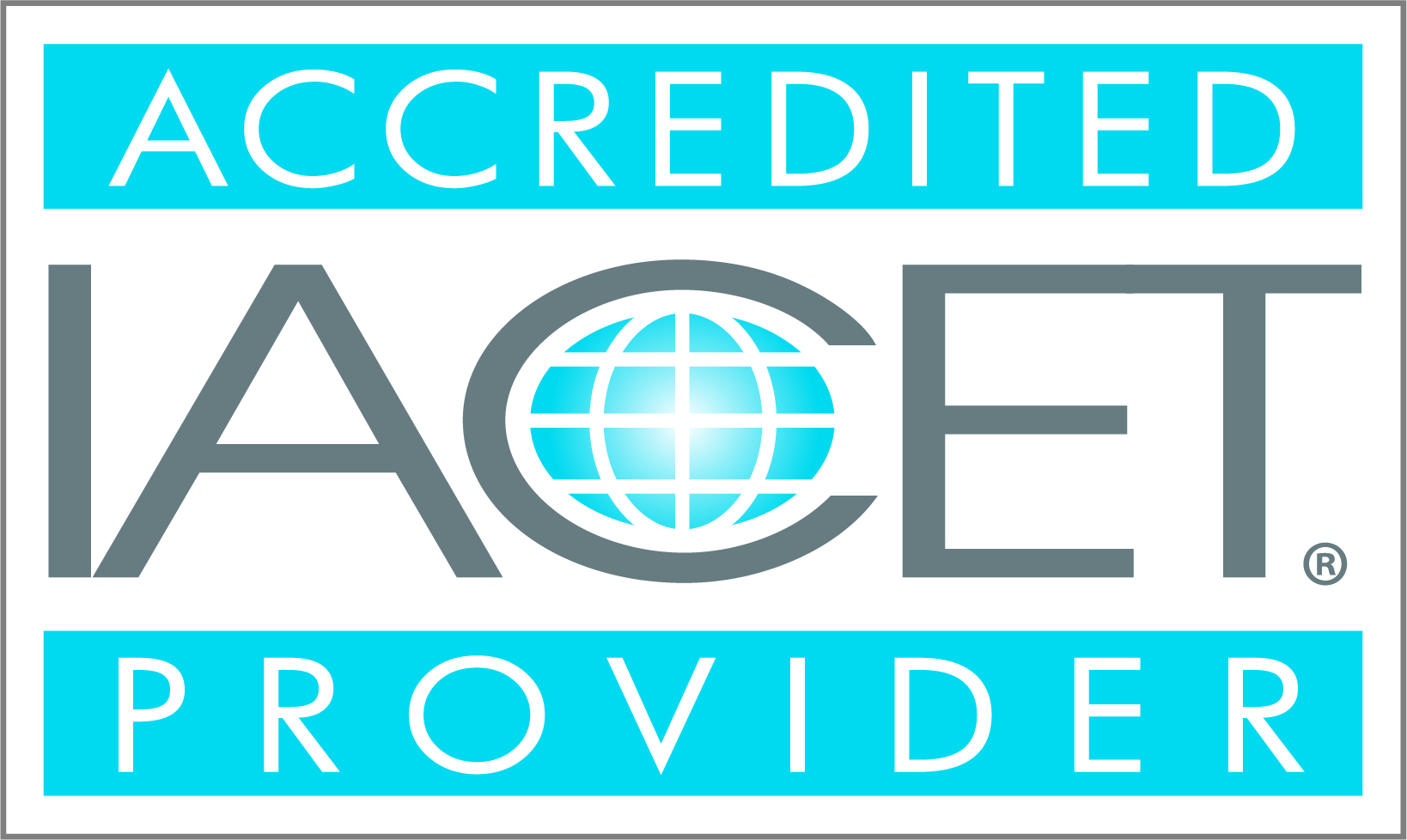Root Cause Investigation Training Course
 ROOT CAUSE INVESTIGATION TRAINING COURSE OVERVIEW:
ROOT CAUSE INVESTIGATION TRAINING COURSE OVERVIEW:
The PathWise Root Cause Investigation training course is designed to meet the
requirements mandated by world regulatory bodies to investigate problems. Investigators, and others involved in root cause analysis, come across the same barriers again and again. The PathWise course uses an interactive approach to show how to effectively apply risk-based methodology throughout the investigation process, and help overcome these barriers. The training focus is on how to identify issues, assess and prioritize them, and investigate to likely root cause. PathWise Root Cause Investigation training will help your overall investigation process, and support a healthy bottom line for your entire organization.
 Our root cause investigation training covers these main learning objectives and modules:
Our root cause investigation training covers these main learning objectives and modules:
Root Cause Investigations Introduction
- Identify and distinguish between a correction, corrective action, and preventive action.
- Assess concerns and evaluate risk.
- Investigate events
- Gather specifics
- Assess Impact
- Make a risk-based decision
Investigate:
- Conduct root cause analysis.
- Systematically find cause(s).
- Establish causal relationships.
- Use quality tools, 5 Whys, Fishbone, IS/ IS NOT.
- Identify a process to verify root cause.
 HIGH IMPACT TOPICS:
HIGH IMPACT TOPICS:
Our root cause investigation training ensures attendees leave understanding these high impact topics:
- How to gather specifics to support the investigation.
- How to assess impact to process and product.
- How to ensure the problem statement is effective.
BENEFITS:
There are also many proven benefits from attending our root cause investigation training. These include:
- Reduce repeat investigations
- Improve Root Cause Identification
- Shorten Investigation cycle time
Pathwise Root Cause Investigation training uses a blended approach of classroom and real-life application. This how-to approach to learning significantly increases knowledge retention, and allows participants to apply the skills they have learned in training into a work setting.
Root Cause Investigations One day training is worth .8 credits.
PathWise is accredited by the International Association for Continuing Education and Training (IACET). PathWise complies with the ANSI/IACET Standard, which is recognized internationally as a standard of excellence in instructional practices. As a result of this accreditation, PathWise is accredited to issue the IACET CEU.
The most cost effective root cause investigation option is to have PathWise come to your location. 90% of our trainings are offered on-site with our customers. We have trainers across the globe, and trained in 14 different countries in 2015 alone, covering almost every continent. To schedule a Root Cause Investigation Training course at your site, fill out the form below and a PathWise representative will contact you with a quote!
* These fields are required.
Chose from these options:
COMPUTER BASED TRAINING
Introduction to Investigations and CAPA
WEBINARS
How to Qualify Lead Investigators for CAPA
Using the Fishbone Diagram to Identify Root Cause
How to Document Quality Investigations
Quality Event Discovery and Review
ADDITIONAL INSTRUCTOR LED TRAINING COURSES
Investigations and CAPA Training
Technical Writing and Documenting Investigations
Quality Event Management Training
Conducting Out of Specification (OOS) Investigation Trainings

 We understand that training is essential to achieve and maintain a compliant, effective and efficient quality system, which is why 90% of our courses are taught on-site at our client’s locations. For individuals and organizations in need of training but unable to make an on-site training commitment, we offer many of our courses as events at a variety of locations across the globe.
We understand that training is essential to achieve and maintain a compliant, effective and efficient quality system, which is why 90% of our courses are taught on-site at our client’s locations. For individuals and organizations in need of training but unable to make an on-site training commitment, we offer many of our courses as events at a variety of locations across the globe.
View the PathWise Events page to find out about our options for Technical Writing in a public workshop.

